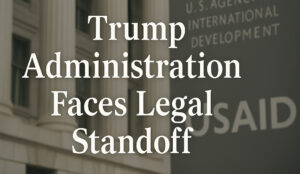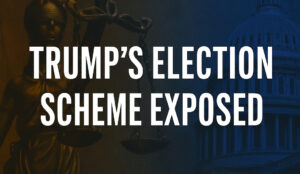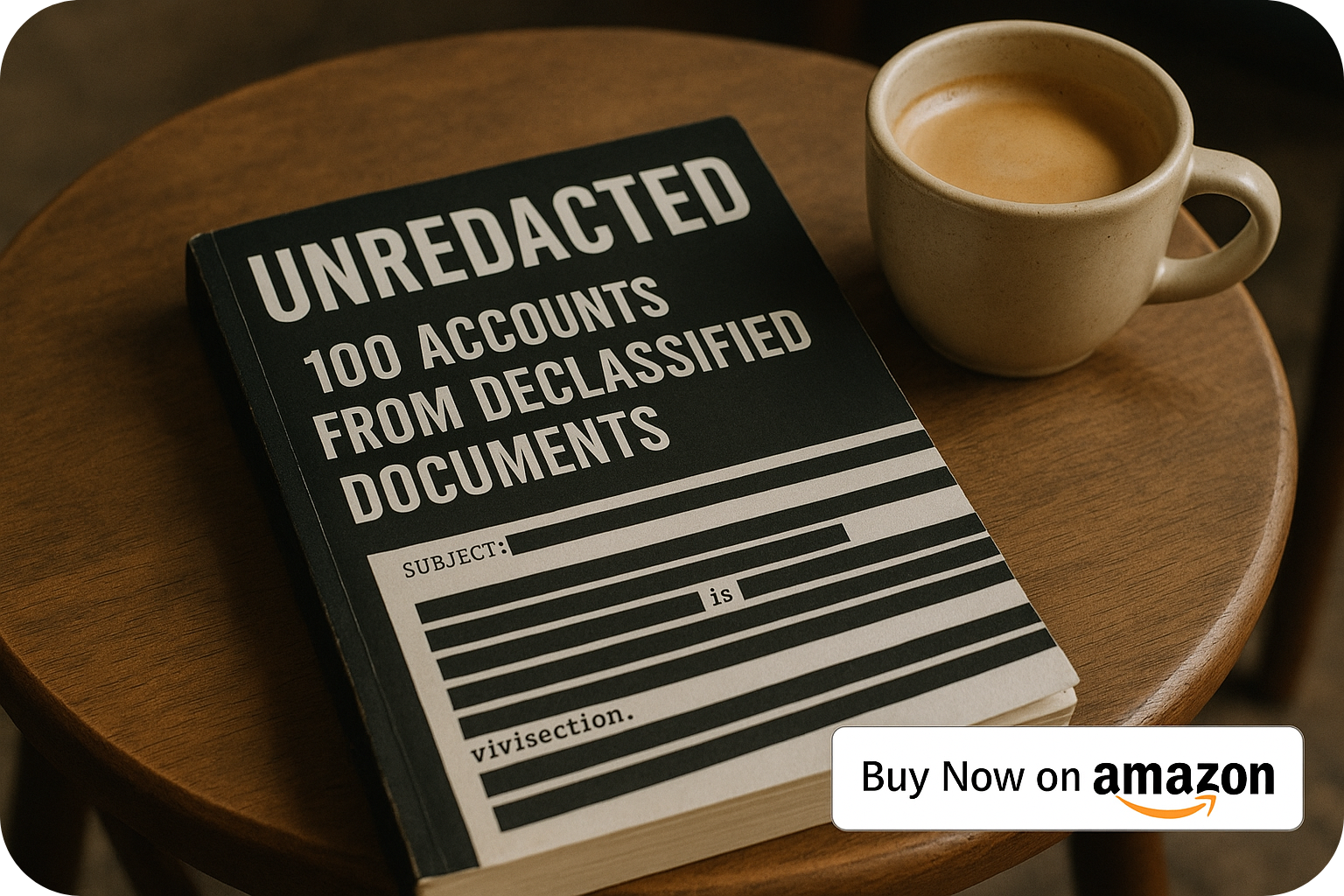A trove of unsealed court records from the Virginia Giuffre v. Ghislaine Maxwell civil case lays bare the intense legal struggle over the recruitment and abuse of minors by Jeffrey Epstein.
It includes explosive testimony, pointed refusals to answer and repeated references to prominent figures-some by name, others shielded by redactions or pseudonyms.
With immense public attention on any reference to Donald Trump or other notable individuals, these documents offer a revealing look at who was named, how they were discussed, and the high-stakes atmosphere of litigation.
🔎 Where Trump’s Name Surfaces-and Where It Doesn’t
Donald Trump’s name appears in this set of unsealed deposition records.
In one exchange, questions about Mar-a-Lago are raised, since it is a property closely associated with Trump:
-
Maxwell is asked whether she met Virginia Roberts (Giuffre) at Mar-a-Lago.
-
She confirms she visited Mar-a-Lago in 2000, but there is no testimony placing Trump at the center of any illegal conduct or trafficking, nor any assertion of his direct knowledge of Epstein’s activities.
-
Maxwell denies being a member at Mar-a-Lago.
The questioning focuses almost entirely on the movement and recruitment of girls and young women, employment and job offers as massage therapists, and the sexual activities of Jeffrey Epstein and those in his orbit.
📝 Prominent Names, Denials, and the Web of Associations
Several other notable individuals are named or referenced throughout the depositions and filings, often leading to heated exchanges:
-
Bill Clinton: Maxwell is directly questioned about Clinton’s presence on Epstein’s planes and at his island. She denies he ever had a meal on the island but says he may have eaten on Epstein’s plane. She is asked about Clinton’s aide Doug Band and her relationship with him-she responds only in terms of friendship, refusing to discuss any "adult consensual relationships."
-
Prince Andrew: Referred to obliquely in the email chain as "Andrew," Maxwell anticipates media questions about her relationship to "Clinton" and "Andrew," but no additional substantive detail is offered in this batch.
-
Glenn Dubin: Maxwell is asked if she ever instructed Johanna Sjoberg to massage Glenn Dubin, which she denies.
-
Sarah Kellen, Johanna Sjoberg, Annie Farmer, Nadia Marcinkova, and Emmy Taylor: These names recur throughout the records as alleged participants, employees, or witnesses. Maxwell repeatedly denies knowledge of sexual abuse, denies hiring minors, and claims lack of memory about many details.
In each case, Maxwell’s attorney aggressively blocks questions about "consensual adult sex," limiting responses on the grounds of privacy or legal strategy.
When questions are asked about "nonconsensual" acts or minors, Maxwell categorically denies any wrongdoing.
❗ Patterns in the Testimony
The depositions paint a picture of relentless legal wrangling:
-
Maxwell insists she never hired anyone under 18, nor observed underage sexual acts.
-
She repeatedly accuses Giuffre of lying and inventing stories.
-
Where possible, her legal team prevents her from answering anything about "consensual adult sex," citing privacy, while pushing back on the relevance of many lines of questioning.
-
For every accusation or hypothetical-such as being involved in orgies, training girls to recruit others, or being present during illegal acts-Maxwell offers denials or professes no memory.
The testimony shows a playbook: deny, limit, or block all questioning that could suggest criminality, especially with high-profile individuals.
🏛️ Legal Maneuvering and "The Big Picture"
The filings detail how defense attorneys attempted to restrict discovery, with the plaintiff’s side repeatedly moving to compel answers on key points-particularly about Maxwell’s and Epstein’s methods of recruiting and the true nature of massages.
The court record highlights a fundamental battle: whether the details about adult sexual conduct were legitimate lines of inquiry or improper fishing.
The narrative also shows the broader significance of "modi operandi" (M.O.): the use of jobs or massages as a front for abuse, and the importance of showing a pattern.
The deposition excerpts make clear that much of the litigation was about establishing how Epstein and Maxwell operated-and who else might have been involved, complicit, or simply a bystander.
🧾 No New Bombshells on Trump, But More Names in the Spotlight
In this document, there are no new accusations or direct claims against Donald Trump.
His name is included primarily as a point of context regarding Mar-a-Lago, not as an accused or implicated figure.
The same is true of a number of other well-known names who were in Epstein’s orbit.
Instead, the records reveal:
-
The breadth of the legal battle over what questions could be asked and answered
-
Relentless attempts to force clarity on recruitment, abuse, and the involvement of others
-
Deep denial, defensiveness, and counteraccusation from Maxwell and her legal team
⚖️ Contentious Testimony: The Documented Refusals
The depositions are marked by repeated refusals and legal instructions to not answer:
-
Maxwell will not answer about "consensual adult sex," even when it might shed light on recruitment or workplace patterns.
-
Plaintiff’s lawyers press to establish a pattern of behavior or open the door to discovering more names and details, especially where public figures or powerful associates are concerned.
-
References to the likes of Clinton, Prince Andrew, Glenn Dubin, and other society figures appear frequently, but always with hedged answers, denials, or legal roadblocks.
👁️ The State of the Record
With these unsealed files, the public gains a clearer, if still limited, picture of what was asked and what was refused in the Epstein-Maxwell litigation.
References to notable figures are mostly about travel, parties, or context-not direct evidence of wrongdoing.
What’s left is a record of aggressive litigation and protection of privacy for all high-profile associates.
There’s only one thing left remaining: RELEASE THE REST OF THE EPSTEIN FILES.






